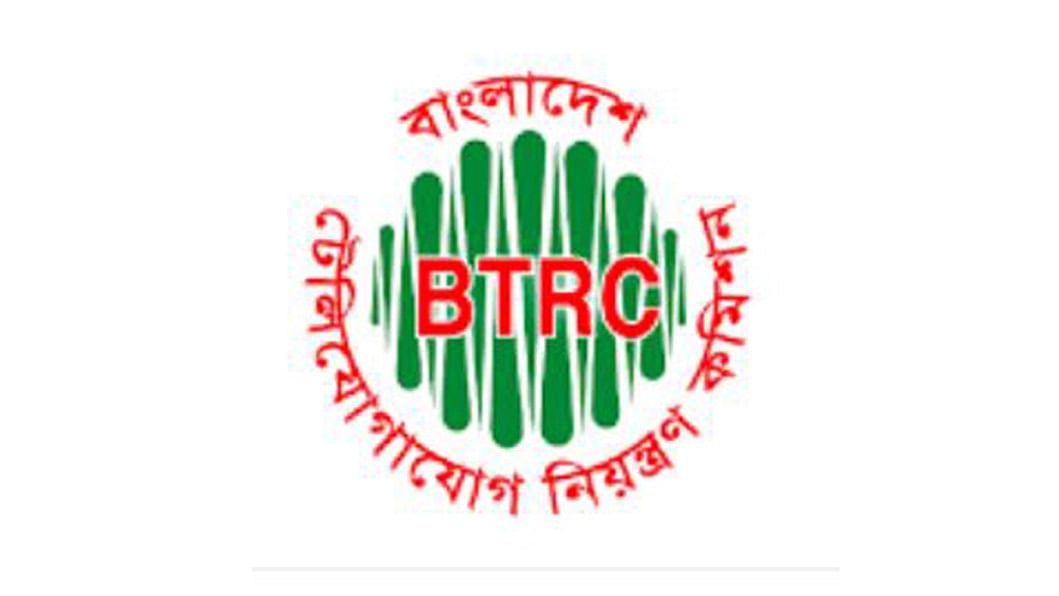Experts divided over importance of SMP for telecom competition

Experts are divided over the implementation of significant market player (SMP) guidelines in the telecommunications sector.
Some argue that broad implementation is essential for fair competition and investment, while others believe expanding network coverage and creating value for customers can help smaller operators thrive.
Rashna Imam, a Supreme Court advocate, said while the SMP guidelines in telecom sector include 20 clauses, only three have been implemented so far.
These limited measures have not significantly contributed to promoting fair competition in the market, she said.
"Although Bangladesh Telecommunication Regulatory Commission (BTRC) is empowered by law, its authority is often not utilised effectively," she added.
Rashna emphasized the importance of fostering healthy competition in the telecommunications sector.
She was speaking at a discussion titled "Telecommunications Sector: Stalled Investment and Unequal Competition" organized by the Telecom and Technology Reporters Network Bangladesh at a hotel in Dhaka.
BTRC Chairman Maj Gen (retd) Md Emdad Ul Bari said Grameenphone availed a jumpstart in telecommunications as it began operations using the existing railway optical fibre network.
This initial advantage remains unmatched by any other operator to this day, he said.
"Other operators are demanding the implementation of SMP regulations and raising other demands, but what have they done regarding network coverage?" he asked.
"You are trying to offset (Grameenphone's advantage) with different things. Where have you expanded your network coverage, which remains the major advantage of the SMP operator (Grameenphone) to this day?" he asked.
He said he studied the SMP issue in depth during the 2016-2017 period when he was a director general at the BTRC, with the aim of formulating a fair policy to enhance competitiveness.
"Trust me, we couldn't come up with any idea where Grameenphone was not the biggest gainer and the least loser," he said.
Grameenphone continues to benefit from its ability to set prices based on scale and scope, Bari said.
He said the BTRC would not hesitate to implement other clauses of the SMP regulations if the necessity arises.
Grameenphone was officially declared an SMP in 2019 after its market share in terms of subscribers and revenue surpassed 40 percent.
Now, Grameenphone is required to obtain the BTRC's approval before launching new services, packages, or offers.
It has reduced the lock-in period for subscribers and pays an additional 3 paisa per minute to non-SMP operators for off-network calls.
Despite these regulatory interventions, Grameenphone's market share still stands at 44.79 percent of the 18.87 crore customers.
Shahed Alam, chief corporate and regulatory officer at Robi, said competition was a fundamental driver of economic growth.
"But the fact is competition does not really exist in the telecom sector. One of our operators is making huge profit every year," he said.
"It is because the telecom regulations are somehow benefitting the large operators while hampering the growth of the smaller operators. Our competition commission needs to be made more effective to overcome this problem," he said.
"It is necessary to implement the existing regulations," said Taimur Rahman, chief corporate and regulatory affairs officer at Banglalink.
"For example, to accelerate the process of infrastructure sharing among operators, there should be mandate in the existing or new laws to be enacted in future," he said.
TIM Nurul Kabir, executive director at The Foreign Investors' Chamber of Commerce & Industry, said there should be a unified licensing model in the telecom sector.
He also said the BTRC should establish a "Research and Development Wing".
He said consistency in the regulations and policies was very important to lure in more investments in country.

 For all latest news, follow The Daily Star's Google News channel.
For all latest news, follow The Daily Star's Google News channel. 



Comments